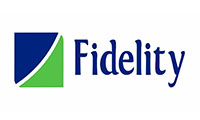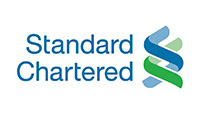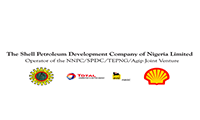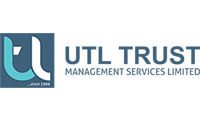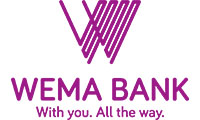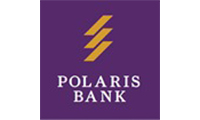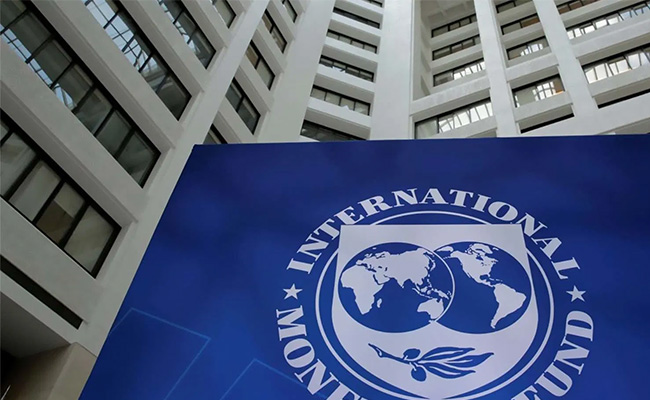
Nigeria’s early move to tap cheap loans has improved its risk perception among foreign investors, leading to a fall in the country’s borrowing costs. Support from the IMF and the other development institutions, along with a nascent recovery in oil prices has boosted investor confidence, according to Edwin Gutierrez, the London-based head of emerging-market sovereign debt at Aberdeen Standard Investments.
“Nigeria has been an outperformer of other sub-Saharan African credits during that time,” Gutierrez said.
Yields on Nigeria’s dollar bonds maturing in 2047 fell from an all-time high of 13.2% on March 19 to 9.1% on Wednesday.
Still, this doesn’t reduce Nigeria’s underlying weak fundamentals given the wide deficit and low foreign-exchange reserve buffers amidst low oil prices, said Mohamed Abou Basha, the director and head of macroeconomic analysis at EFG-Hermes.
Investors seem unconcerned. The cost of protecting Nigeria’s debt against default has dropped by 520 basis points since March 18, an indication that creditors are feeling more secure holding the country’s debt.
Risks have also receded in the past few weeks after the IMF disbursed its loan to Nigeria. Despite the country’s public debt set to rise to 34.8% of GDP this year, from 29.1% in 2019, according to the IMF, it’s a relatively low level when compared with most emerging markets.
This is as the West African nation presented a revised $27 billion budget to cabinet that kept spending intact, with a proposed record deficit of 5.4 trillion naira ($13.9 billion), which will be financed mainly from new debt.
Nigeria’s economy has been hit by the coronavirus pandemic and the slump in the price of oil, the nation’s top export. The plunge in crude has forced the central bank to devalue the naira, while inflation has been above its target band for almost five years.
Africa’s largest economy has lined up ambitious borrowing plans in its domestic bond market and has secured $3.4 billion from the International Monetary Fund.
It expects $3.5 billion from other lenders and has used the collapse in oil prices to scrap fuel subsidies that cost the country at least $2 billion a year.
Africa’s largest crude producer, which relies on sales from the commodity for about half of government revenue, projects that its oil earnings will drop by at least 80% this year.
The deficit could widen to 6.8% of gross domestic product from 4.8% in 2019, according to the IMF, and unless Nigeria gets a waiver from creditors, interest payments could eat up 96% of the federal government’s revenue, up from 58% in 2019.
“If secured, multilateral loans would cover around 21% of the general government deficit in 2020,” Fitch Ratings said in a report published Monday.
In a report last month, the IMF said it believes Nigeria’s debt is sustainable and there is adequate capacity to repay the fund.
“Nigerian authorities have done well to take the IMF loan, to unify the exchange rate and to suggest that the fuel subsidy is gone forever,” Renaissance capital analyst Charles Robertson said in a briefing last week. “That is an improvement for Nigeria” in the medium term, he said.






